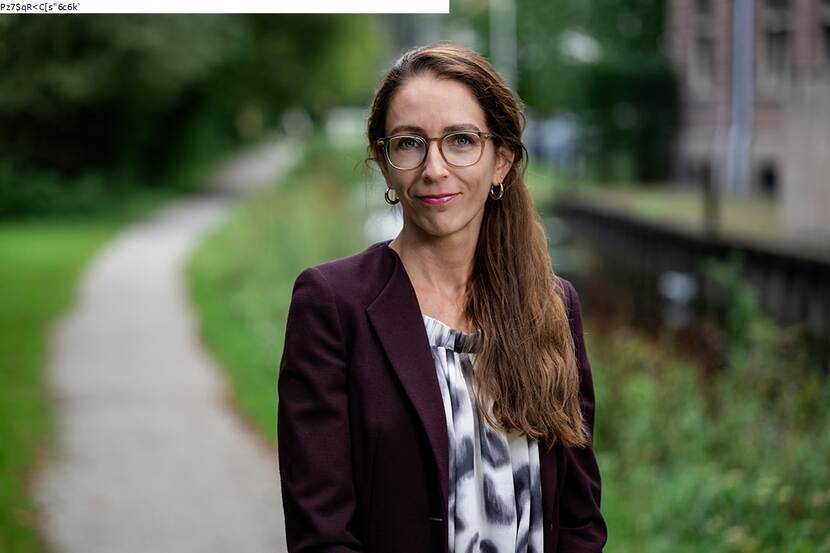
Dr. M. (Maria) Vliek
- Functie
- Wetenschappelijk Medewerker
- Werkt bij
- Programma Participatie, talentontwikkeling en kansengelijkheid
- E-mailadres
- m.vliek@scp.nl
Maria Vliek studeerde religiewetenschappen aan de Rijksuniversiteit Groningen. Met een etnografische benadering onderzocht ze de rol van religie in de identiteitsontwikkeling van moslimjongeren in Oost-Afrika. In 2020 promoveerde ze aan de Radboud Universiteit bij de afdeling islamstudies. Haar proefschrift ging over het verlaten van islam in Nederland en Engeland. Sinds 2021 is zij werkzaam bij het SCP als wetenschappelijk medewerker (kwalitatief onderzoek) naar participatie en zingeving gedurende de levensloop.
Beknopte bibliografie
- Vliek, M. (2021). Former Muslims in Europe. Between secularity and belonging. Abingdon: Routledge.
- Vliek, M. (2021). (Re)Negotiating embodiment when moving out of Islam: An empirical inquiry into ‘a secular body’. In: Transforming Bodies and Religions. Powers and Agencies in Europe (pp. 159-177). Mariecke vd Berg, Lieke Schrijvers, Jelle Wiering & Anne-Marie Korte (Eds.)
- Vliek, M. & De Koning, M. (2020). Beleidsinstrumenten en extremistische wereldbeelden. WODC-beleidsonderzoek.
- Vliek, M. (2019). “When I finally heard my own voice” Dialogical articulations of self-making when moving out of Islam in the Netherlands. Journal of Muslims in Europe, 8(1), 85- 107. https://doi.org/10.1163/22117954-12341383
- Vliek, M. (2019). ‘It’s not just about faith’: Narratives of transformation when moving out of Islam in the Netherlands and Britain. Islam and Christian Muslim Relations, 30(3), 323-344. https://doi.org/10.1080/09596410.2019.1628459
- Vliek, M. (2019). “Speaking out would be a step beyond just not believing” – On the performativity of testimony when moving out of Islam. Religions, 10(10), 563. https://doi.org/10.3390/rel10100563
- Vliek, M. (2018). Challenging secularities, challenging religion: ‘Secularist ex-Muslim voices’ in the British debate on Islam and freedom of expression. Journal of Religion in Europe, 11(4), 348-377. https://doi.org/10.1163/18748929-01104004